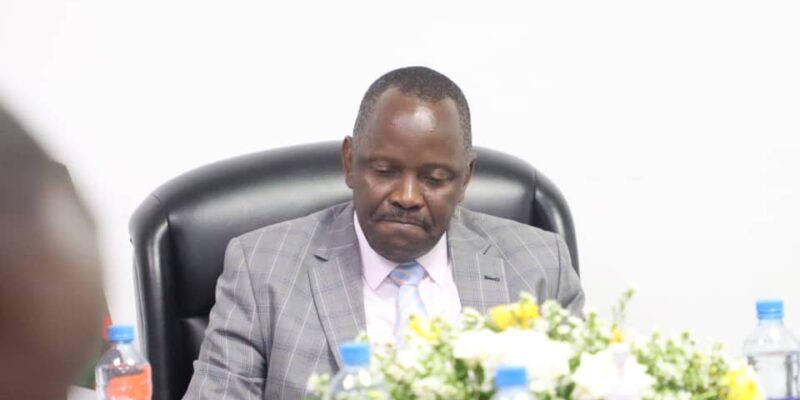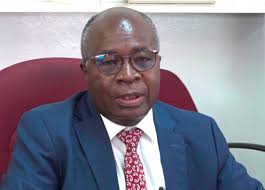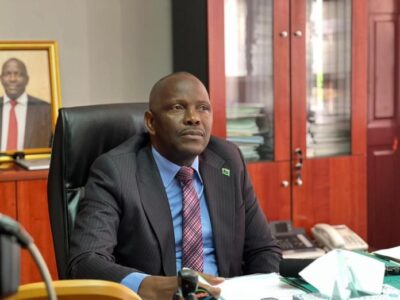Energy Minister, Makozo Chikote, has attributed why ZESCO failed to meet its commitment of providing at least seven hours of daily power supply during the emergency tariff period. to its inability to raise the targeted US$15 million per month.
In a ministerial statement to Parliament on Tuesday, Chikote admitted that some areas were receiving even less than the promised seven hours, citing financial constraints faced by the power utility.
The Energy Regulation Board (ERB) had approved the emergency tariff adjustment on October 10, 2024, with the expectation that the additional revenue would facilitate power imports to mitigate the ongoing electricity deficit.
However, ZESCO has struggled to meet its revenue targets, collecting only US$2.4 million in November 2024 and US$7.6 million in December 2024—far below the projected monthly income.
Chikote attributed the shortfall to delays in meter readings and billing for post-paid customers, as well as the bulk purchase of prepaid electricity units by consumers ahead of the tariff hike.
“The utility did not meet the target revenue because it did not sell the desired quantum of energy,” he explained.
“Some customers bought prepaid units in bulk before the tariff adjustment took effect, reducing the expected revenue from the new rates.”
ZESCO had initially assured the public that the emergency tariff adjustment would stabilize power supply, but its financial struggles have undermined those efforts, leaving many Zambians facing worsening load shedding.
WARNING! All rights reserved. This material, and other digital content on this website, may not be reproduced, published, broadcast, rewritten or redistributed in whole or in part without prior express permission from ZAMBIA MONITOR.











Comments